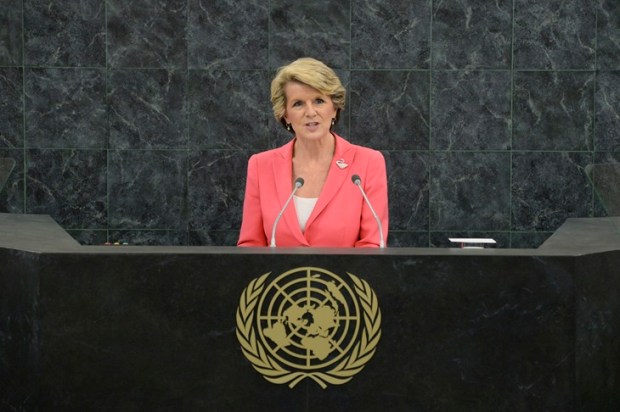‘Fashion is a form of ugliness so despicable it has to be changed every six months.’ – Oscar Wilde.
Therein lies the nature of cryptocurrency too.
With the pandemic having left many working from home feeling like the outsider from Albert Camus’ L’Etranger, you would have thought that cryptocurrency investing would have become the preferred activity of the formerly sociable, then found confined, population.
Nevertheless, just as inflation may have reached its peak, perhaps the large returns formerly seen in cryptocurrency investment have peaked too.
Unless the digital and meta currencies can serve the economy and environment in a sustainable way, we will soon be experiencing a crisis, not as a result of fossil fuels, but through overly intensive cryptocurrency mining.
Bitcoin has suffered a severe knock of late due to global events and must find a way to calm its energy-intense (not to mention dense as a result of its slow transaction speeds in comparison with other coins) mining procedures. From a value point of view, this will also expedite and allow for more long-term investment in addition to sustainable growth of the currency.
Can Bitcoin backtrack its somewhat vacuum-cleaner-type technology and swallow a humble piece of the pie, forfeiting instant growth for long-term gain?
Various options lie ahead for the cryptocurrency giant.
Either Bitcoin will change its technology and avoid being overtaken by other coins, which are more adaptable and less energy intense, or cryptocurrency will become more regulated and the scope for quick profits from it will diminish. Or maybe the whole idea will simply go out of fashion…
Personally, I feel that the latter is the least likely. That said, cryptocurrency has always been an outsider in the investment market, and its unpredictable nature has brought great wealth, but also great loss to many. This makes regulation highly possible, as no one can argue that governments do not wish to regulate money.
Bitcoin, in order to survive, will have to repeal its technology and slowly transition to a more ethical, less covert approach. Many other cryptocurrencies are beginning to offer more sustainable options, with more promising functions too, such as higher transaction speeds.
Even the creator of Ethereum admitted that he had not intended cryptocurrency to become the source of greed that it has become to many today. He sadly agreed that what he created has encouraged a population that is used to instant results to expect more of the same.
The cryptocurrency market is undoubtedly volatile, and this could partially be attributed to it being a relatively new market. Nevertheless, its volatility is also due to its lack of regulation. As with anything that is abused, governments tend to crack down on it. This will happen with cryptocurrencies and age will naturally iron out their lucrative ups and downs.
So, whilst I do not believe that this is the end of cryptocurrency, it is the end of instant returns from it. The stock market will bounce back from this recession, and the cryptocurrency market will too, although at a more directly proportional rate to other investments.
Unfortunately, the very concepts of cryptocurrency and transparency, by definition, go entirely against each other ideologically.
The technology within the world of cryptocurrencies is a work in progress and there is scope for a better world with more financial freedom through their use, but only if we, as investors, wish to choose it.
Perhaps Kantian ethics come into play here as we ought to question whether Bitcoin’s lack of intrinsic value in its current state really makes it worthwhile as an investment or even a technological experiment… Whilst cryptocurrencies certainly have abstract attraction, as has also been reflected by the instant rise of NFTs, sadly our teleological approach to them has led to a corrupt and avarice, quite the opposite to a Kantian or deontological approach to wealth.
Got something to add? Join the discussion and comment below.
Get 10 issues for just $10
Subscribe to The Spectator Australia today for the next 10 magazine issues, plus full online access, for just $10.


























Comments
Don't miss out
Join the conversation with other Spectator Australia readers. Subscribe to leave a comment.
SUBSCRIBEAlready a subscriber? Log in